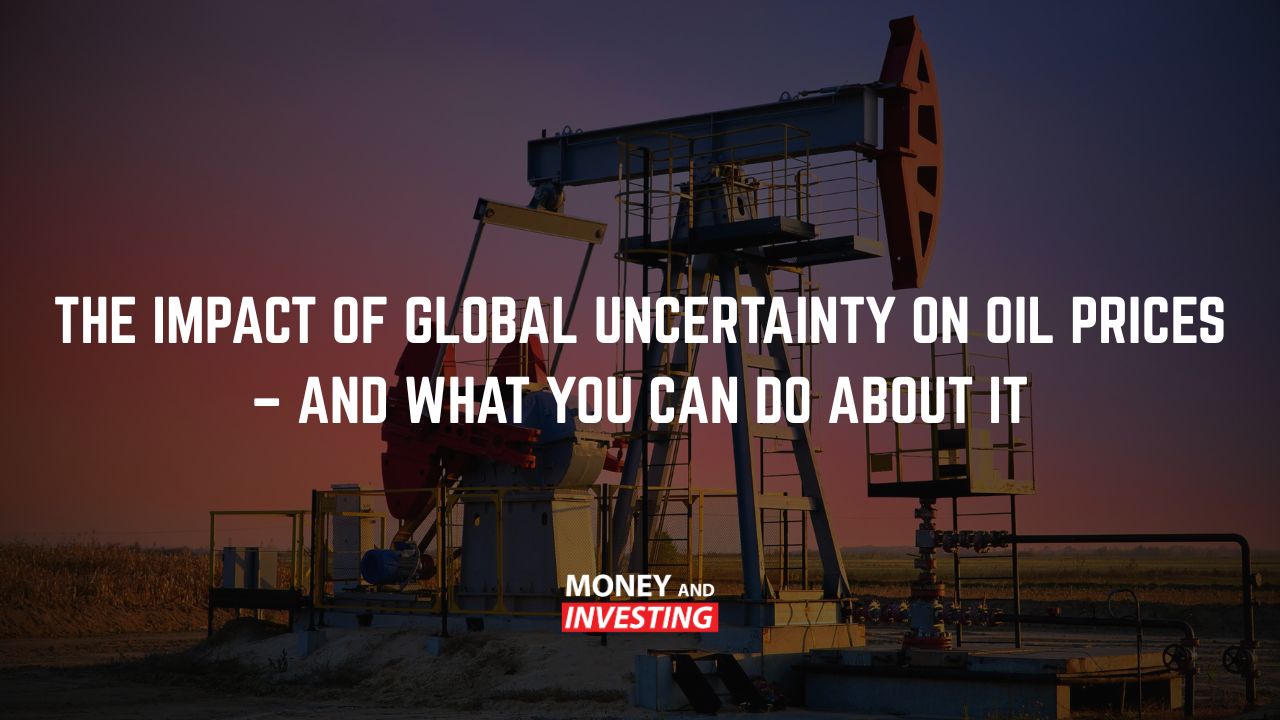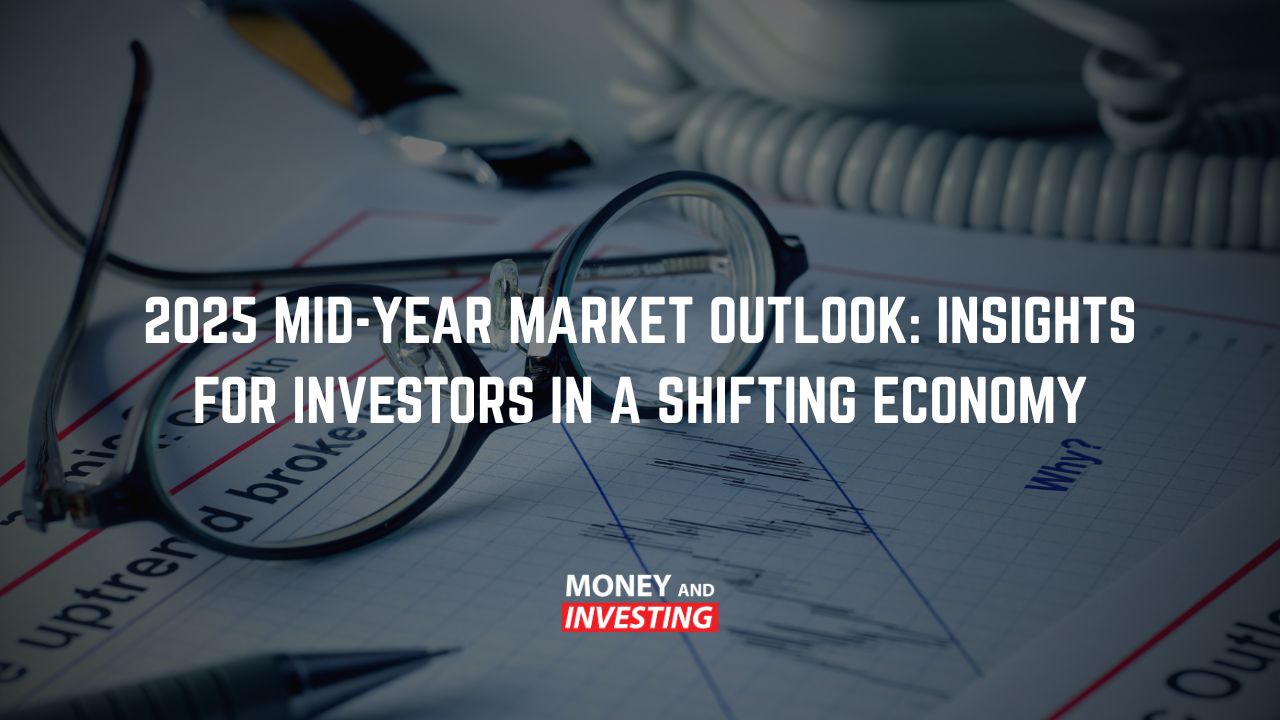Peak Inflation
We have covered the inflation topic many times throughout the year as it has been a main driver of markets. Recently, we have seen some signs that it may be slowing down. Join us this week as we look into whether or not we have seen peak inflation in the market:
Consumer Price Index
At the time of filming this, we recently saw the release of CPI data coming in lower than expected and lower than some of the months previous. Host Andrew Baxter points out however that the 7.7% that we saw is still far above the target inflation level set by federal banks all around the world which tend to hover around 2%. Keep in mind that this does not mean prices are decreasing, but the rate at which they are increasing is merely slowing down. This highlights just how important it is that inflation does not get too high and continues to come down for everyone. Overall, we may have seen inflation peak for the time being, but needless to say there is a long way to go until the rate of price growth is back near the target level and this could even take a couple of years.
The US have been quite aggressive in their attacks on inflation so they have started to see inflation cool a bit faster than other economies, including Australia. The strengthening of the US dollar, the US has not been forced to import inflation from other countries which comes in the form of goods and services which production costs have increased for.
Inflation in Australia
Though Australia’s more recent inflation reading was relatively low compared with the US and some other major economies around the world – ours is expected to move higher. Host Andrew Baxter attributes this largely to the Reserve Bank of Australia being slow to the jump on increasing interest rates and even slightly taking their foot off the gas when it comes to the size of rate hikes. The initial statement was that there was no need to increase interest rates until 2024, but evidently this proved to not be the case. The goal of the RBA was to avoid a recession, but in many cases it can be easier to kickstart a country out of a recession versus reining in rampant inflation.
If you take the meat industry, shortages due to flooding and other natural disasters led to higher prices, compounded with higher production costs due to inflation, prices quickly grew out of control. The Australian dollar, weakened by low interest rates, continues to hamper Australia’s inflation levels in the long term.
Will Inflation Slow Down in the US?
The difficulty at the moment is that we have only seen one key data point to indicate slowing inflation. Host Andrew Baxter notes that the PPI figure yet to come at the time of recording will likely provide a better indication of whether we have seen the peak. If it has slowed down, Andrew suggests we will have likely seen peak inflation. The strength of the job market may keep the US out of a major recession although there have been some recent mass layoffs in the tech sector.
Where to Find Opportunities
With interest rate increases potentially slowing down, there are a few places you may find some opportunities. Host Andrew Baxter notes firstly the tech space where earnings are worth more in the future where the cost of borrowing money is cheaper can help the bottom line. Companies with typically high debt such as infrastructure and utilities may present opportunities as their borrowing costs come down, giving them a boost in profits. Consumer staples also can provide a safe haven with so much uncertainty between the data and the reality of the state of the economy. Just because inflation is slowing down, does not mean the cost of living is decreasing so discount retailers like Dollar Tree or Ross Stores may also provide some investment opportunities. In Australia however, there may not be so many opportunities due to the longer timeline on inflation. Andrew’s advice – remain cautious on the ASX.



